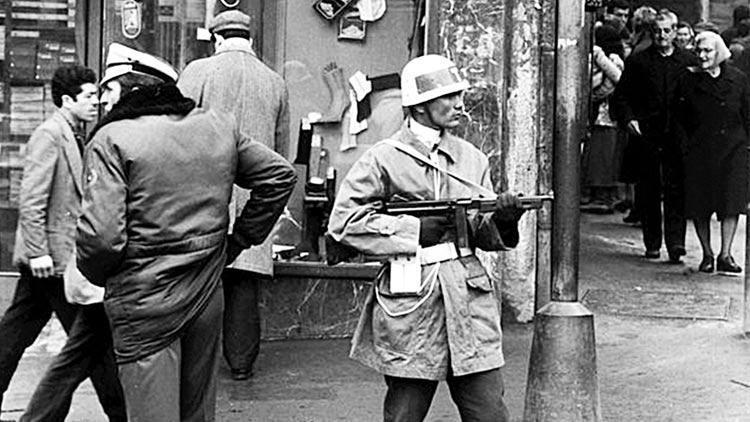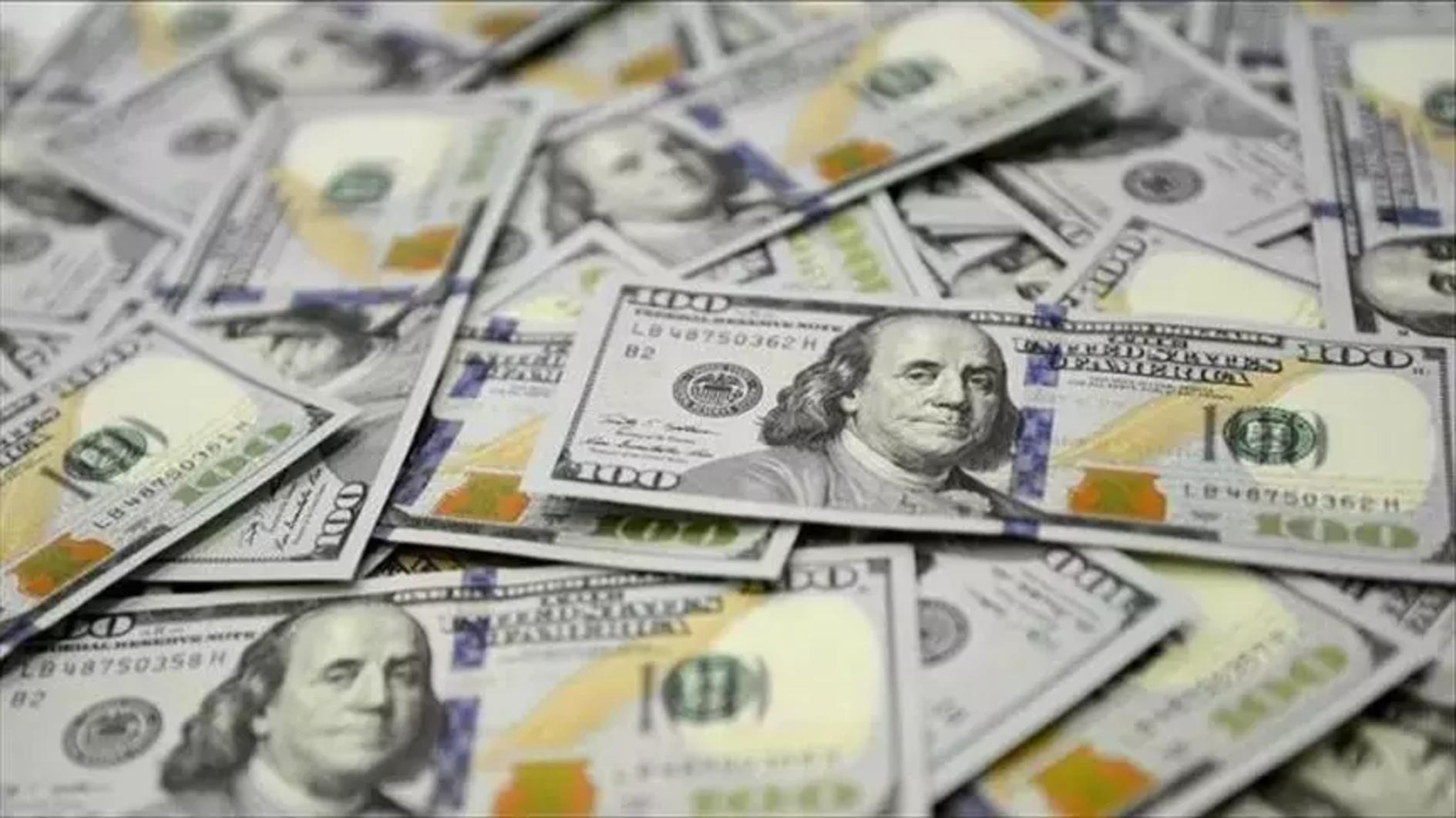Turkey remembers bloody 1980 military coup
ANKARA- Anadolu Agency

Turkey commemorated the 39th anniversary of the Sept. 12, 1980 military coup during which then-Chief of the General Staff Kenan Evren toppled the coalition government of Süleyman Demirel and dismissed the Turkish Parliament.
“On the anniversary of the Sept. 12 coup d’état, I remember all our martyrs of democracy with mercy. Fortunately, the period of coups in our country is closed to be not opened again. We will continue to maintain our democracy and national will today and every day, as we did on July 15 [2016 coup attempt],” Foreign Minister Mevlüt Çavuşoğlu said on his Twitter account.
“It is clear that even the worst practices of democracy are always better than any coup. Democracy means the administration that the government, which the nation does not want, goes with the polls. In Turkey this process functions, there is a system that is based on the legitimacy of the nation,” Justice Minister Abdülhamit Gül said.
The Sept. 12, 1980 coup marked the third time the Turkish Armed Forces took hold of the democratically elected government and declared a state of emergency which saw executions, assaults, and human rights violations. The Turkish Parliament was dissolved, the Constitution was revoked, all political parties were shut down and their assets were seized.
The National Security Council, consisting of Evren — who led the coup, and later became president — the commanders of the Turkish land, air and naval forces, and the commander of the gendarmerie forces, took control of all the levers of power.
Over 650,000 people were taken into custody, 230,000 people were put on trial, 1,683,000 people were blacklisted, 517 people received the death penalty and 50 of the death penalties were executed.
The 1980 military coup was launched “to bring peace to a polarized society where thousands of people were being killed on the streets,” according to the coup generals and their supporters.
Some 14,000 people were deprived of Turkish citizenship, nearly 1,000 people were tried for being members of “prohibited organizations,” and 30,000 people, including teachers, were dismissed from their posts. Around 1,000 movies were also banned and dozens of journalists faced prison sentences of up to thousands of years.
The coup is known as the bloodiest military intervention in Turkey’s history, coming after years of political unrest that claimed hundreds of lives. A further 299 died due to torture and unhealthy prison conditions.
In 1982, a constitution prepared by the coup plotters won 92 percent approval in a “controlled” referendum.
















